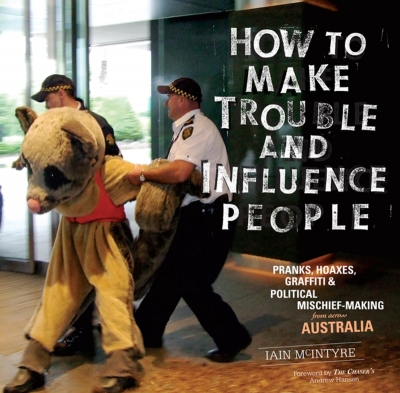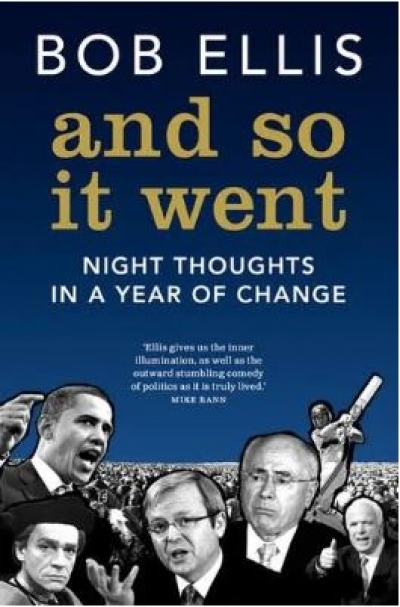Australian Politics
Boyer Lectures: A very Australian conversation by Peter Cosgrove
Each year, the board of the Australian Broadcasting Commission invites a prominent Australian to present the Boyer Lectures. The chosen expert offers his or her (mostly his) ‘ideas on major social, scientific or cultural issues’ to a radio audience and, a little later, to readers.
Unsurprisingly, a review of the Boyers’ fifty-year history reveals undulations in quality and significance. While the concept has produced plenty of thought-provoking and prescient moments, often the interest is of a transient or an introductory nature. Certainly, few lecturers have matched the resonant and seminal contribution of W.E.H. Stanner’s After the Dreaming (1968), one of the finest pieces of writing produced about indigenous relations in Australia. Sometimes the choice of lecturer has been perplexing. In 2008, Rupert Murdoch’s A Golden Age of Freedom mixed rapacious optimism about technology, globalisation, and the future of the news media with a tetchy plea for Australia to shrug off its complacency. It would be hard to think of a person who needs the resources of a public broadcaster to disseminate his vision of the world less than Murdoch does.
... (read more)How to Make Trouble and Influence People: Pranks, hoaxes, graffiti & political mischief-making by Iain McIntyre
Poor communication has long been activism’s Achilles heel. Engaging the wider populace and influencing opinion rely as much on the effective, reliable delivery of a message as on well-organised ideas and events. We may be loath to admit it, but intelligent public relations can aid any pursuit – advocatory, activist, or otherwise.
It is from this perspective that the expansive new publication How to Make Trouble and Influence People: Pranks, hoaxes, graffiti & mischief-making takes its cue. Compiled and written by Melbourne writer, zine-maker, and community radio presenter Iain McIntyre, this vividly illustrated volume documents not only an unofficial history of Australian protest, activism, and all-round cheek, but the connections between political trouble-making and its ability to influence popular opinion. It succeeds, for the most part.
... (read more)After abandoning its ideals, the Australian Labor Party ‘degenerated into a vast machine for capturing political power’: that was the diagnosis of Vere Gordon Childe, the polymathic party insider, and he was writing in 1923. The brutality of Labor machine politics is hardly news, but it remains relatively unexplored territory in Australian fiction. Matthew Karpin’s latest novel gives us the blackest of the factional black hats – the right – doing deals and scheming schemes in an imaginary New South Wales state government during the mid 1990s. Satire is the usual Australian response to the venality of those who govern us, but Karpin’s approach, by contrast, is intensely serious, as he presents the inner lives and inner demons of a large cast of parliamentarians and apparatchiks. In that respect, The Right is as much a psychological novel as it is a political one.
... (read more)A Certain Grandeur: Gough Whitlam’s life in politics by Graham Freudenberg
Gough Whitlam’s 1972 policy speech, delivered before a crowd of thousands at the Blacktown Civic Centre in a scene that bore a closer resemblance to a pop concert than to a political campaign, is seen as the ultimate articulation of the Whitlam Labor government’s radical program for change. If its chief political architect was Whitlam, its amanuensis was Graham Freudenberg. With Whitlam’s election as leader of the Australian Labor Party in 1967, Freudenberg eagerly joined his staff as press secretary, a position he had previously and less happily held with Arthur Calwell, who was leader from 1960 to 1967.
... (read more)Andrew Fisher fares well in the new Museum of Australian Democracy, at Old Parliament House, Canberra. The entrance to the galleries is framed, on one side, by E. Phillips Fox’s dark 1913 portrait of an imposing and resolute Fisher, in contrast to the garish, spreading corpulence of George Lambert’s 1924 Sir George Reid on the other. Inside, in the procession of prime ministers, Fisher is represented more comprehensively and intimately than his peers. There is his miner’s crib – for this leader of Australia’s first majority Labor government definitely came from the working class – and his fountain pen, presented by his granddaughter to Kevin Rudd (who, the caption reads, is a ‘passionate admirer’ of his Queensland predecessor). Elsewhere in the Museum, in commemorating the suffrage movement, the key exhibit is a replica of the hat worn by Fisher’s wife, Margaret, when she marched beside Vida Goldstein in a London protest for women’s franchise in 1911.
... (read more)And So It Went: Night thoughts in a year of change by Bob Ellis
Bob Ellis’s lightly edited journal alternates between two main timelines spanning 27 June 2007 to 8 November 2008: that is, from the run-up to the last Australian federal election to Barack Obama’s victory. Ellis’s insomniac musings over these sixteen-odd months are brilliant and shambolic, irritating and moving. The book is essential reading, but you have to work hard for the gems.
... (read more)The key theme of Overland 195 seems to be crisis. The contributors to this edition of the journal address the ‘global financial crisis’, as well as various other moments of tension and unrest in Australia’s present and past.
... (read more)The Best Australian Political Writing 2009 edited by Eric Beecher
The Best Australian Political Writing 2009 is a collection of articles about the political climate in Australia over the course of twelve months. In 411 pages, a range of prominent Australian writers analyse the events that made headlines in this country during what editor Eric Beecher describes as a ‘once-in-a-lifetime-year’.
... (read more)The Statue of Liberty: How Australians Can Take Back Their Rights by Geoffrey Robertson
In characteristically symbolic fashion, the Rudd government chose the sixtieth anniversary of the Universal Declaration of Human Rights (10 December 2008) to announce a consultation process into human rights protection in Australia. Attorney-General Robert McClelland appointed a committee, headed by Jesuit priest and lawyer Frank Brennan, to consult the public on issues including whether Australia needs a bill (or charter) of rights and responsibilities. Geoffrey Robertson’s latest book, The Statute of Liberty: How Australians Can Take Back Their Rights, injects much-needed energy, imagination, and international context into this rather circumscribed debate. ‘I have spent my professional life making arguments based on bills of rights,’ says Robertson. As a distinguished and courageous human rights lawyer-activist, his emphatically pro-charter stance commands the thoughtful consideration of supporters, opponents, and equivocators alike.
... (read more)John Howard and the Conservative Tradition by Norman Abjorensen
There has always been a problem with locating conservatism in Australia’s political traditions. As a new settler society dedicated to development, it is hard to see a natural place for a political philosophy that advocates taking things slowly and respecting the wisdom of the past. Nevertheless, the term has been in use as a political label in Australia since the nineteenth century, generally to refer to the defence of privilege and wealth and to the political arrangements that protect them both. It is often used to refer to the Liberal Party and its predecessors, even if at various times these parties have themselves denied the label in favour of the term liberal which stresses the party’s positive commitment to civil and economic liberties and its faith in individual rather than collective and state action. And recently John Howard proudly described himself as a cultural conservative and an economic liberal, as if one could promote radical economic change without also causing cultural and social change.
... (read more)










